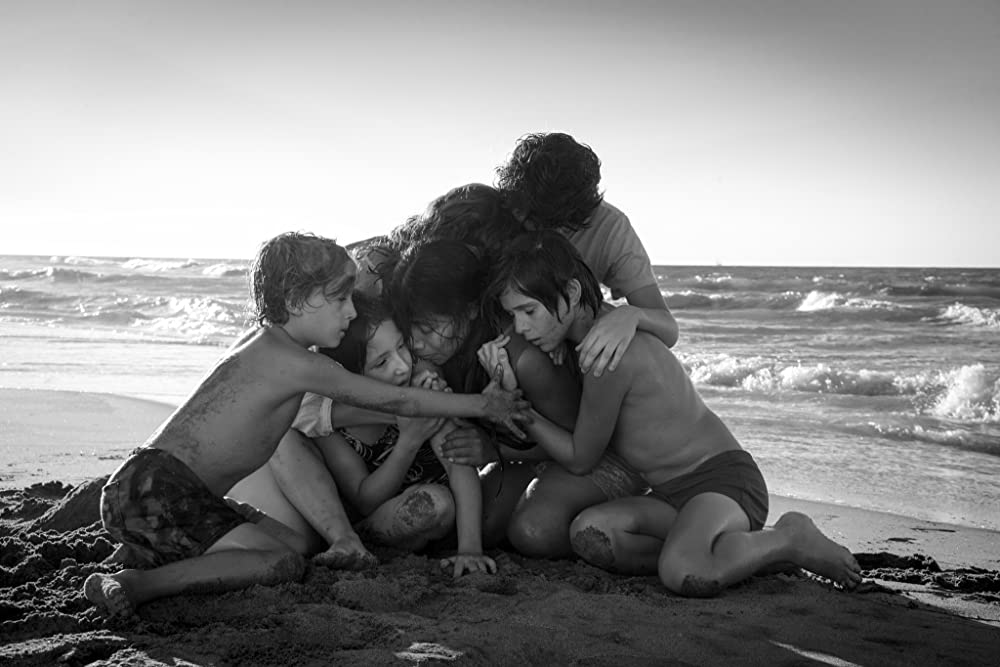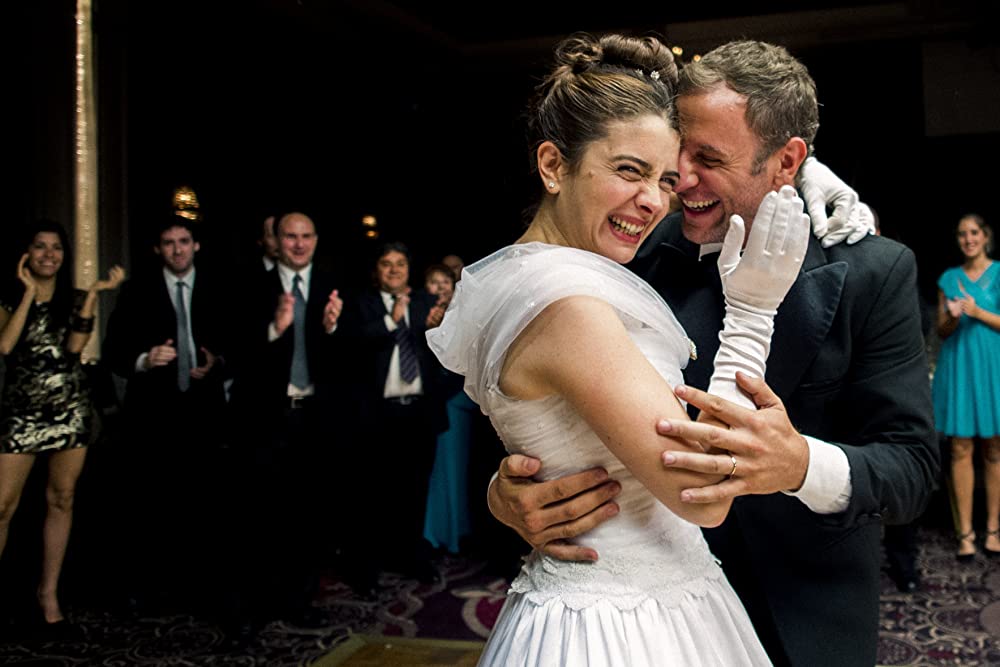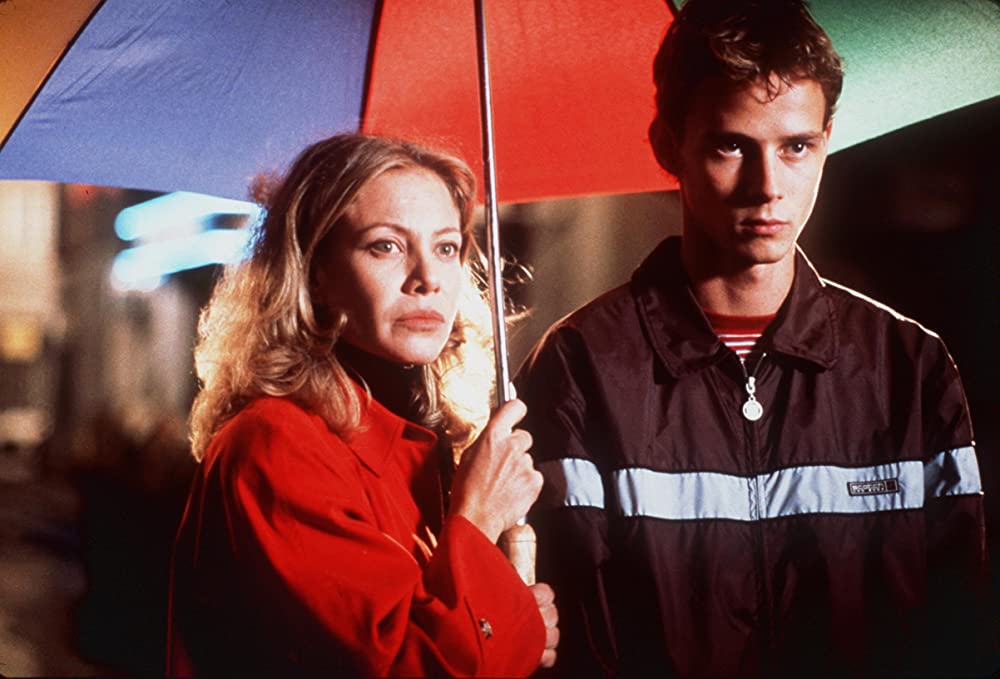By Evelyn Heis, First Year, English Literature
With cinema being dominated by Hollywood, it is without question that film fanatics should be broadening their consumption of non-Westernised cinema and engaging with films of all different cultures. Following Parasite (2020)’s six Oscar wins last year, we should be engaging with non-English-language films now, more than ever.
As an Argentine immigrant with a passion for cinema, subtitles have never bothered me. Assuming that you are not bothered by subtitles either, and that you are keen to engage with other cultures, I have compiled a list of what I find to be the ideal films to introduce you to the world of Hispanic and Latin cinema.
1. Roma (2018) dir. Alfonso Cuarón

Set in 1970s Mexico City, Alfonso Cuarón’s Roma follows the life of an indigenous live-in maid Cleo (Yalitza Aparicio) who works for a middle-class family; synthesising both the struggles of her day-to-day life with the political turmoil that permeated Mexican society in 1971.
The film takes place in Colonia Roma, the district in which the family live, but also the district in which Cuarón grew up himself. Roma pays homage to his childhood and the women that shaped it, specifically addressing his mother and his own childhood maid, on whom the character of Cleo is said to be loosely based on.
This Spanish-language and black and white drama is an intimate and theatrical experience which highlights the importance of depicting typically unheard-of narratives, such as Cleo’s: an indigenous, working-class woman. In Roma, Cuarón consciously integrates the indigenous language of Oaxaca, the village in which Cleo comes from, with the Spanish dialogue to provide further representation for Native Mexicans and introduce their culture to the big screen. Roma portrays a beautiful storyline through its characters, script, and its breath-taking cinematography, making it a perfect film to engage with for an accurate and raw portrayal of 1970s New Mexico.
2. Volver (2006) dir. Pedro Almodóvar

Notably inspired by Pedro Almodóvar’s childhood in La Mancha and adulthood in Madrid, Volver (to return) focuses on an eccentric and resilient family of women and the difficulties that they face: from grief and loss to sexual abuse, loneliness, and divorce.
Following the simultaneous occurrence of a horrendous incident and the loss of a family member, the women’s lives are turned upside down; prompting the return of the ghost of their deceased mother, who died in a fire three-years prior, and resulting in the return of unwanted memories for the protagonist, Raimunda.
Replete with symbolism and imagery, Volver is possibly Almodóvar’s most colourful film, with the colour red being present in almost every scene. Visually, this film is a masterpiece, only made better by the many unexpected twists and turns of the plot. Almodóvar combines the genres of comedy with melodrama in this tender film, which is said to pay homage to his mother and the women of his neighbourhood in La Mancha. Volver beautifully depicts Spanish culture with its inclusion of Flamenco music, typical Spanish foods like jamón and mantecados, the hospitality of the people from the pueblo (town), and ultimately Spanish traditions like cleaning gravestones.
3. Relatos Salvajes (Wild Tales) (2014) dir. Damián Szifron

In telling 6 different wild tales, the structure of Relatos Salvajes mirrors that of a modern-day Pulp Fiction – but better.
Written and directed by Argentine film director and screenwriter Damián Szifron, Relatos Salvajes is the most successful Argentine film to date, in its portrayal of six crazy narratives where the characters are always in distress and seeking revenge.
Relatos Salvajes combines typically mundane settings with violence and dark humour, resulting in these comedic and preposterous tales. The film incorporates elements of Argentinian culture, such as the ‘mate’ the waitress drinks in the second tale, “The Rats”, and has a very well-known Argentine cast with actors like Ricardo Darín, Érica Rivas and Oscar Martínez.
4. El Laberinto Del Fauno (Pan's Labyrinth) (2006) dir. Guillermo del Toro

Guillermo del Toro’s El Laberinto Del Fauno welds the fantastical world of fairies and magic with the oppressive, political turmoil of 1944 Spain – the time of Francisco Franco’s dictatorship and five years after the Spanish Civil War took place.
The protagonist Ofelia finds herself in need of an escape, with having to care for her pregnant mother and live under the regime of not only Franco but her dictator of a step-father, El Capitán (The Captain), also. After she stumbles upon an abandoned labyrinth and encounters a magical faun, Ofelia’s world is filled with magic and adventure, acting as a well-needed distraction from the reality that she lives in.
Though a Mexican film director, Del Toro’s film deals with a Spanish Post-Civil War society and the innocence of children who are trapped in it. Interestingly, Pan’s Labyrinth was set and created five years after his earlier film The Devil’s Backbone (2001) which shares similar themes, though set amidst the Civil War.
Pan’s Labyrinth depicts the many sides to the war: from the dictators and militants to the resistance groups and those who aided them. This moral divide in society can also be seen in Ofelia as she morally struggles to follow directly with the gruesome tasks the faun asks her to complete, so that she may prove herself to be a rightful princess. In combining both, a historically accurate setting and an extraordinary adventure, Del Toro creates his dark fantasy masterpiece, Pan’s Labyrinth, and transcends the world of visual effects used in cinema with his astonishing use of animatronics and CGI throughout.
5. Todo Sobre Mi Madre (All About My Mother) (1999) dir. Pedro Almodóvar

Todo Sobre Mi Madre is another Pedro Almodóvar film, which he dedicates ‘to all actresses who have played actresses. To all women who act. To men who act and become women. To all the people who want to be mothers. To my mother.’
The film follows the life of an Argentine organ transplant nurse, Manuela, and her son Esteban who would not only like to become a writer, but also meet his father, who he does not know is a transgender woman named Lola. Manuela has kept this secret hidden from the both of them for the last eighteen years and following a major incident, it seems that things might be too late. Manuela finds herself in Barcelona, searching for her son’s father and unexpectedly encounters her transgender friend Agrado, a whimsical and witty sex worker, who introduces her to Rosa, a nun with a secret.
Almodóvar’s drama-comedy Todo Sobre Mi Madre explores topics like grief and drug-addiction, while providing a necessary and realistic portrayal of transgender women, sex workers and the AIDS epidemic. The film juxtaposes its serious moments with comical relief provided by characters like Agrado and the women’s involvement in the theatre, where Tennessee Williams’ A Streetcar Named Desire, acts as an alternative sub-plot.
Ultimately, this film is a must-see for its positive integration of intertextuality and authenticity but also for its impact on Spanish cinema; as Almodóvar’s clever works never fail to impress.
Featured: IMDb
What is your favourite Spanish language film?









